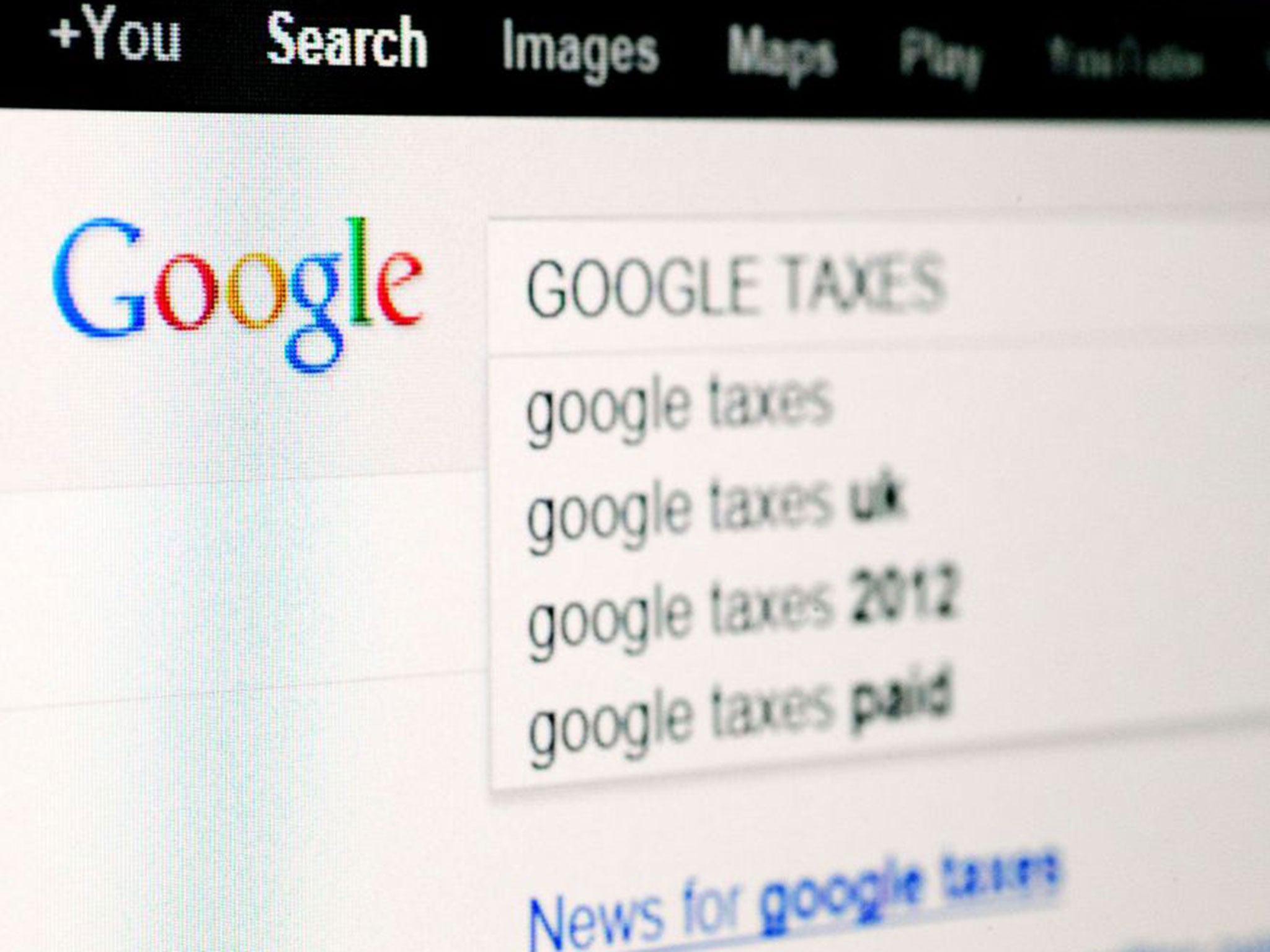Google £130m tax 'sweetheart deal' should be audited, says Labour
George Osborne hails payment covering money owed by search engine giant since 2010 as a 'victory'

The Labour Party has called on the National Audit Office to investigate Google’s agreement to pay £130m in back taxes, branding the arrangement a “sweetheart deal”.
The payment, which covers money owed by the search engine giant since 2005, follows a six-year inquiry by Her Majesty’s Revenue & Customs. It was hailed as a “victory” by Chancellor George Osborne, on Saturday; he called on other large companies to follow suit. “Good to see Google paying more tax on past profits,” Mr Osborne tweeted. “We want successful businesses in UK – but they should pay their taxes.”
But Labour’s shadow Chancellor, John McDonnell, described the size of Google’s back payment as “derisory” and accused the Government of accepting a “relatively small amount” of tax compared to Google’s vast profits in the UK.
“I want full and open transparency,” Mr McDonnell told ITV. “I want us now to have a realistic debate about how we go forward… making sure we have the proper regulations in place so we tackle large-scale tax avoidance.” He added that some analysts had suggested the tax payment should be “at least 10 times” the amount Google agreed to pay.
Mr Osborne was asked about the deal after appearing at the World Economic Forum in Davos, where he presented Britain’s proposed European Union renegotiation efforts as a good deal for the Continent, not just the UK. “We’re seeking improvements for all of Europe, not just the UK…It’s not special pleading for Britain” he said.
Earlier in the week, David Cameron, had talked up the prospect of reaching a deal with the rest of the EU by the next leaders’ summit on 18 February, with a view to holding the promised referendum in June or July. But the French and Dutch prime ministers expressed doubt over whether this timetable was feasible.
Downing Street is understood to be keen to hold the referendum before the autumn on the assumption that the Continent’s refugee crisis will be even worse by then, possibly making it harder to persuade the public to vote to remain as members of the EU.
Christine Lagarde, the head of the International Monetary Fund, speaking on the same panel as the Chancellor, highlighted Brexit as one of the major economic risks on the horizon. “We have two big concerns: Brexit, and whether there is a deal between the UK and other members, which we very much hope there is because it would be very much conducive to stability, … and the other is the refugee crisis which is a bit of a make or break from my personal perspective, she said.
The Government is seeking an agreement with the rest of the EU which would involve a commitment to the further integration of EU markets, respect for the UK’s rights as a non-member of the euro and curbs on benefits payable to intra-EU migrants. The benefits issue has proved the major stumbling block Asked whether he thought Britain would still be a part of the EU in a year’s time, Mr Osborne said: “I’m optimistic we’re going to get a good deal for Britain and a good deal for the EU.”
Additional reporting by Serina Sandhu and Tom McTague
Join our commenting forum
Join thought-provoking conversations, follow other Independent readers and see their replies
Comments
Bookmark popover
Removed from bookmarks